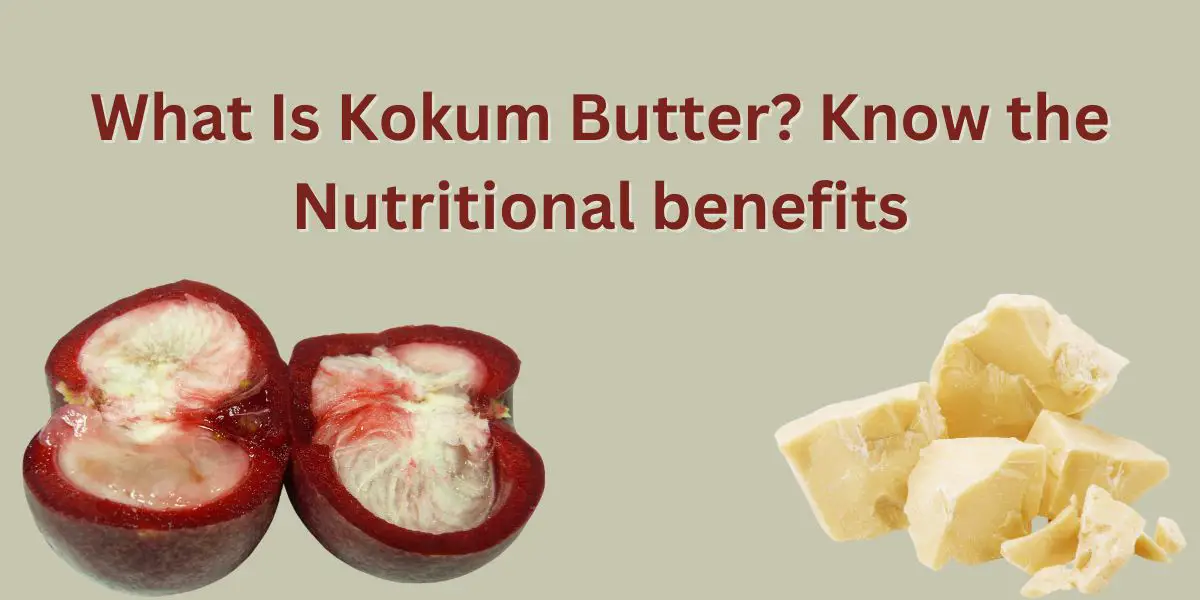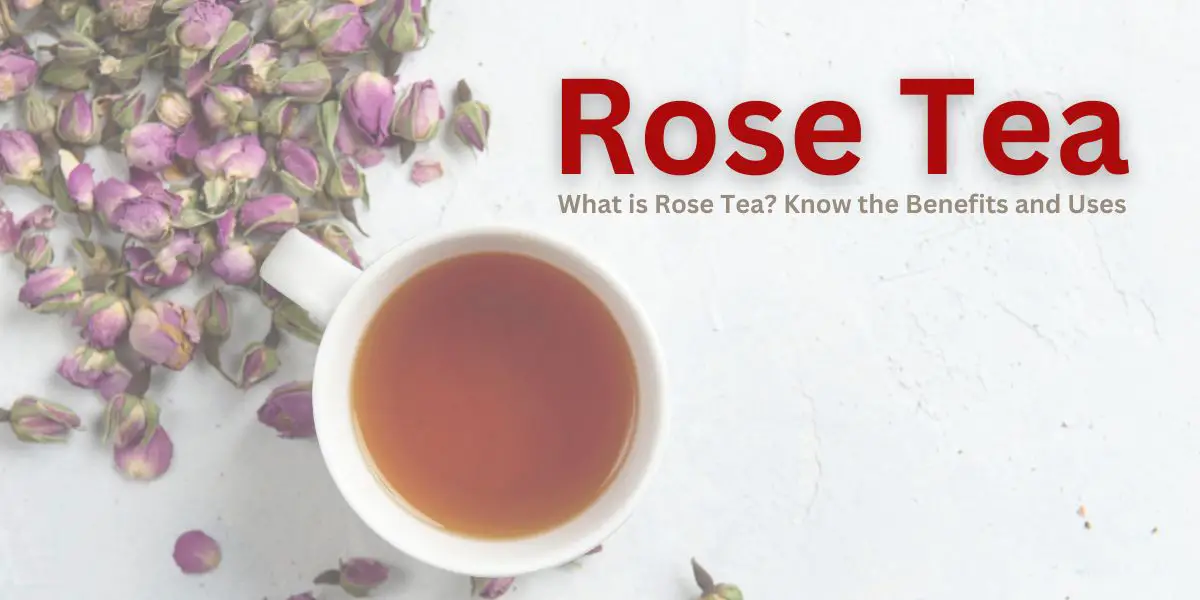Can You Get a Pap Smear on Your Period?
When it comes to women’s health, scheduling important screenings like Pap smears is crucial. However, what happens if your appointment falls during your menstrual cycle? Can you still get a Pap smear on your period? Let’s explore this topic in detail.







